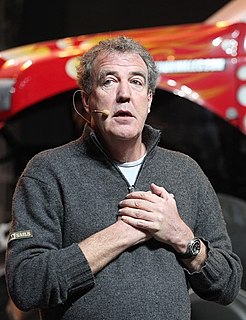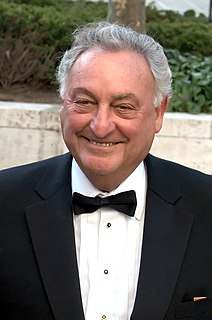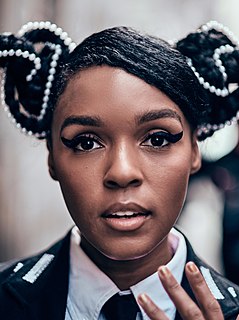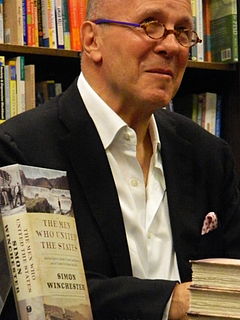A Quote by Jeremy Clarkson
We all know that small cars are good for us. But so is cod liver oil. And jogging.
Related Quotes
Cars are the most central thing in America, in a lot of ways. They've probably influenced the way we live more than anything else, and yet every really big problem - whether it's the environment or who dictates the international economy because of oil - is all tied to cars. Ultimately, cars are bad for civilization. I don't know if they'll end us.
For the British working class, the restrictions of conflict actually improved their diet. Under Lord Woolton, the minister for food, a programme of free school meals was introduced. Priority supplies of milk were provided for pregnant women and nursing mothers, while orange juice, milk and cod liver oil were given to the under-fives.
I said, I'll put on weight. And I started having massages, taking cod-liver oil, and eating twice as much. But I didn't even gain an ounce. I'd made up my mind that on the day the engagement was announced I'd be fatter, and I didn't gain an ounce. Then I went to Mussoorie, which is a health resort, and I ignored the doctors' instructions; I invented my own regime and gained weight. Just the opposite of what I'd like now. Now I have the problem of keeping slim. Still I manage. I don't know if you realize I'm a determined woman.
Growing up, I admired old cars. In Chicago, on the South Side, people didn't have the newest cars, but one thing I always noticed was that they took good care of their cars. It was a pride thing. Even if you had a funky Oldsmobile, you kept it clean. You changed the oil. You took a toothbrush to the rims.
When we think about living donor transplant, what we're banking on is the ability of the liver to regenerate itself. Now, it's not the same sort of regeneration we think about with the starfish where we cut off the arm and it grows a new arm. With the liver, what happens is the remaining liver gets bigger, and your body knows the size of the liver that it needs, and when it recognizes that there is not enough liver, it sends nutrients and signals to the liver and says "get bigger."
From the 1920s into the 1940s, Britain's standard of living was supported by oil from Iran. British cars, trucks, and buses ran on cheap Iranian oil. Factories throughout Britain were fueled by oil from Iran. The Royal Navy, which projected British power all over the world, powered its ships with Iranian oil.































